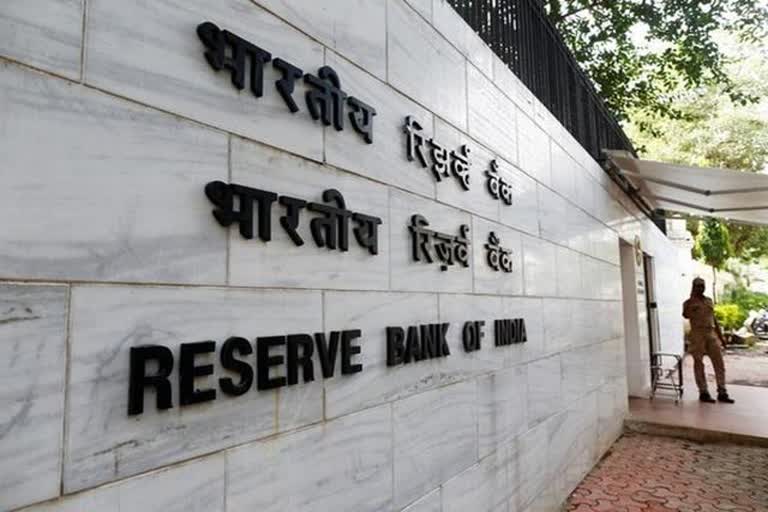Mumbai: A foreign brokerage on Monday said the Reserve Bank will cut its key policy rates by another 25 basis points, after governor Shaktikanta Das' weekend speech focusing on ways to revive growth.
Speaking at the annual meetings of the IMF in Washington over the weekend, Das had stressed on reviving growth when inflation is trending below targets.
"We now expect the monetary policy committee to cut rates by 0.25 per cent to 5.75 per cent on June 7," Bank of America Merrill Lynch said in a note. If done this will be the third straight reduction, taking the quantum of reduction in six months to a hefty 75 bps.
The Wall Street brokerage had earlier said the next cut may be either in June or in August and had added the rate action hinges on the rains.
In his speech, Das also presented "out-of-the-box" ideas like questioning why a rate cut should be limited to multiples of 0.25 per cent and why a central bank cannot cut by 0.35 per cent, the brokerage said.
It can be noted that the RBI is mandated to contain inflation at 4 per cent in the medium-term with a 2 percentage points leeway either side. Lower inflation in recent months has resulted in the bank cut rates by 0.50 per cent in 2019 so far. March inflation printed at 2.86 per cent, marginally up from the previous month.
The brokerage said headline inflation will come in at 2.6 per cent in April as food prices will continue to fall.
Core inflation excluding food and fuel is also expectedly peaking off to 4.8 per cent in April from 5.1 per cent in January, it said.
"Fundamentals do not support higher inflation. Tight liquidity is reining in demand-side inflation," it added.
Read more:Falling NPAs can give a 60-bps booster shot to GDP this fiscal
Soft commodity prices limit supply-side inflation, while global rate pressures are fading with the US Fed turning dovish, it said.
The brokerage said there is a possibility of another cut in August as well but it will wait for the monsoons before firming up its view.
Observing that the global financial crisis has exposed several limitations of conventional and unconventional monetary policy tools, Das had Friday said monetary economics in emerging markets needs a rethink.
This includes challenging the conventional wisdom of modern central banks to hike or reduce their interest rates by 25 basis points or multiples thereof, Das said in a special address delivered on the sidelines of the annual Spring Meetings of the IFM and the World Bank.
Das said the unconventional monetary policies of advanced economies have resulted in "risks and spillovers" for the emerging markets.



